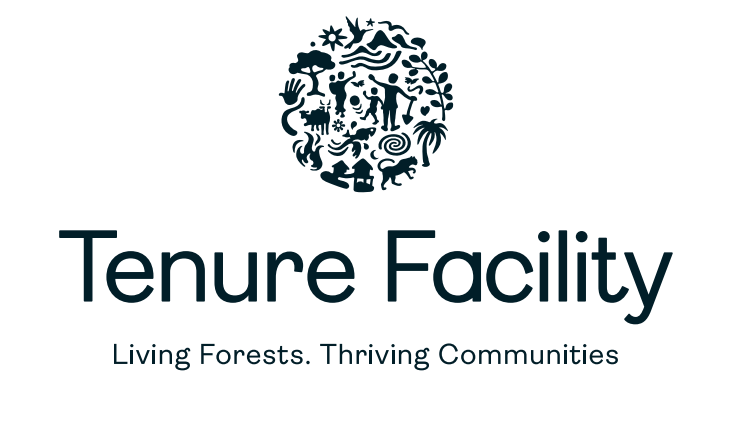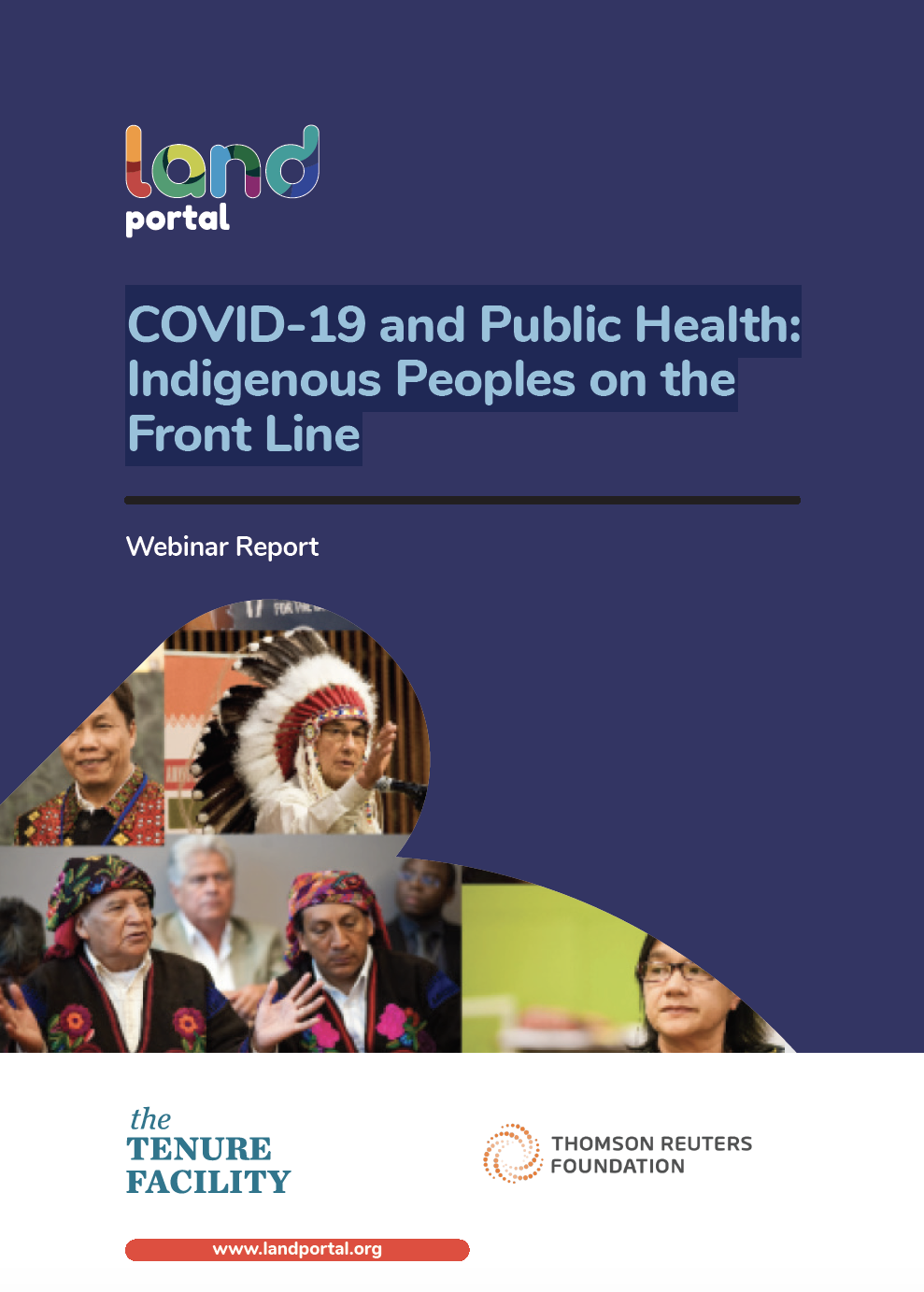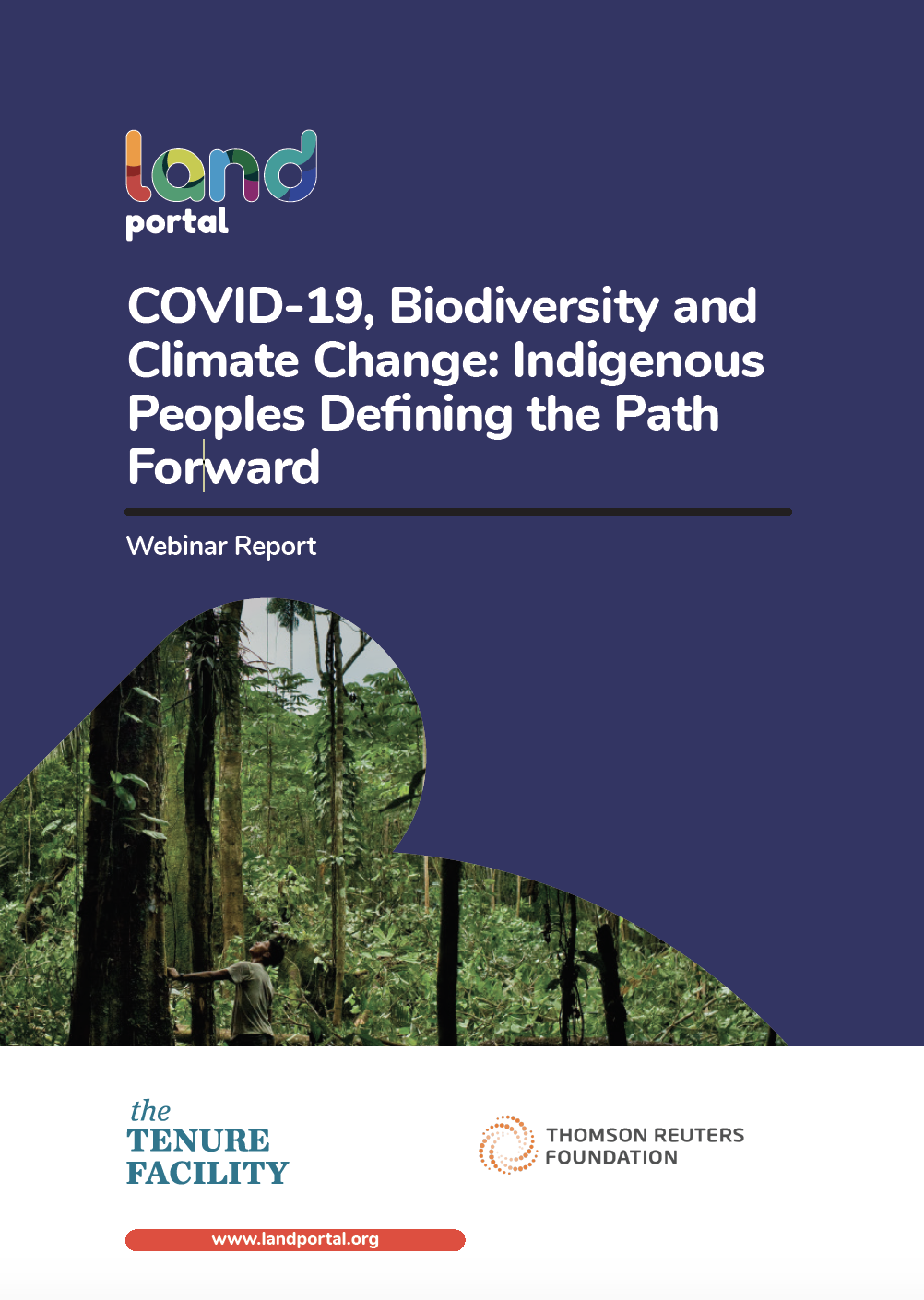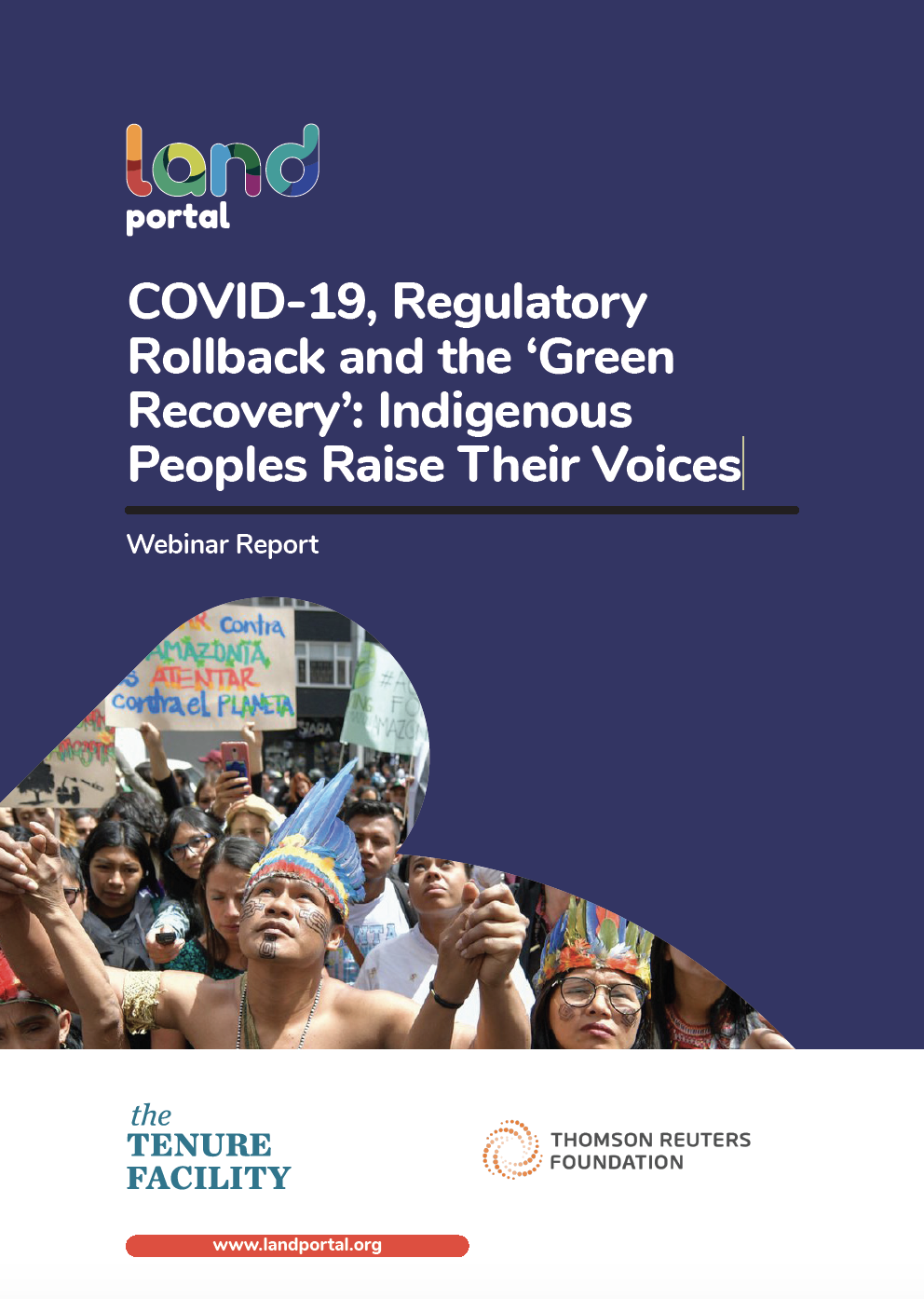Location
The International Land and Forest Tenure Facility is focused on securing land and forest rights for Indigenous Peoples and local communities. We are the first financial mechanism to exclusively fund projects working towards this goal while reducing conflict, driving development, improving global human rights, and mitigating the impacts of climate change. We provide funding at scale directly to communities and their partners; build relationships with key actors within government and the private sector, and provide the technical expertise required to implement tenure rights within existing laws and policy.
Members:
Resources
Displaying 6 - 9 of 9COVID-19 and Public Health: Indigenous Peoples on the Front Line
Three-quarters of emerging infectious diseases are zoonoses, meaning they can be transmitted from animals to humans, with Ebola, SARS, MERS and now COVID-19 being examples. Scientists are warning that deforestation, industrial agriculture, illegal wildlife trade, climate change and other types of environmental degradation increase the risk of future pandemics.
COVID-19, Biodiversity and Climate Change: Indigenous Peoples Defining the Path Forward
Indigenous Peoples and local communities manage more than half of the world´s land. These biodiverse ancestral lands are vital to the people who steward them and the planet we all share. But governments only recognize indigenous and community legal ownership of 10 percent of the world´s lands. Secure tenure is essential for safeguarding the existing forests against external forces. This is specifically true for forests managed by Indigenous Peoples, where much of the world’s carbon is stored.
COVID-19, Regulatory Rollback and the ‘Green Recovery’: Indigenous Peoples Raise Their Voices
COVID-19 has negatively affected indigenous land rights, particularly for those who already face food insecurity as a result of land confiscation or grabbing and the loss of their territories. Prior to the COVID-19 crisis, the expropriation of indigenous lands and natural resources and the increase in conflicts on their territories were already placing indigenous peoples in a particularly precarious situation. The crisis has led to reports of encroachment upon indigenous land by opportunists, such as illegal loggers and miners.
Indigenous people’s rights and sustainable livelihoods programme
General
This project forms part of CAFOD’s indigenous people's land and livelihoods programme which aims to support the empowerment of indigenous communities in the Philippines to lead their own development, and improve their quality of life, through increased control and more sustainable management of natural resources within their ancestral lands. The Subanen people who live in the Zamboanga Peninsula, Mindanao, are among the poorest and most marginalized people in the Philippines. Most Subanen communities are located in remote but resource-rich areas, but Subanen people have little, if any, effective representation in decision-making bodies, and indigenous women have even less say. This project will support two indigenous organisations to apply for land rights and develop land use plans for the ancestral lands. Pigsalabukan Gukom de Bayog is a traditional council of the Subanen People of the central region of the Zamboanga Peninsula representing the Bayog Indigenous community. This project will support the community of Bayog to secure their land rights and to undertake a land use planning process in order to reduce resource related conflicts and to ensure the natural resources within the domain will be managed sustainably PDSI is a Subanen women’s network representing the Kumalarang indigenous community. Through this project CAFOD, and will support the community of Kumalarang to secure their land rights and undertake a land use planning process. This process will also ensure that Indigenous women can participate in community decision-making particularly with regard to the management of ancestral lands, maintenance of peace and order, and resolution of conflict.





